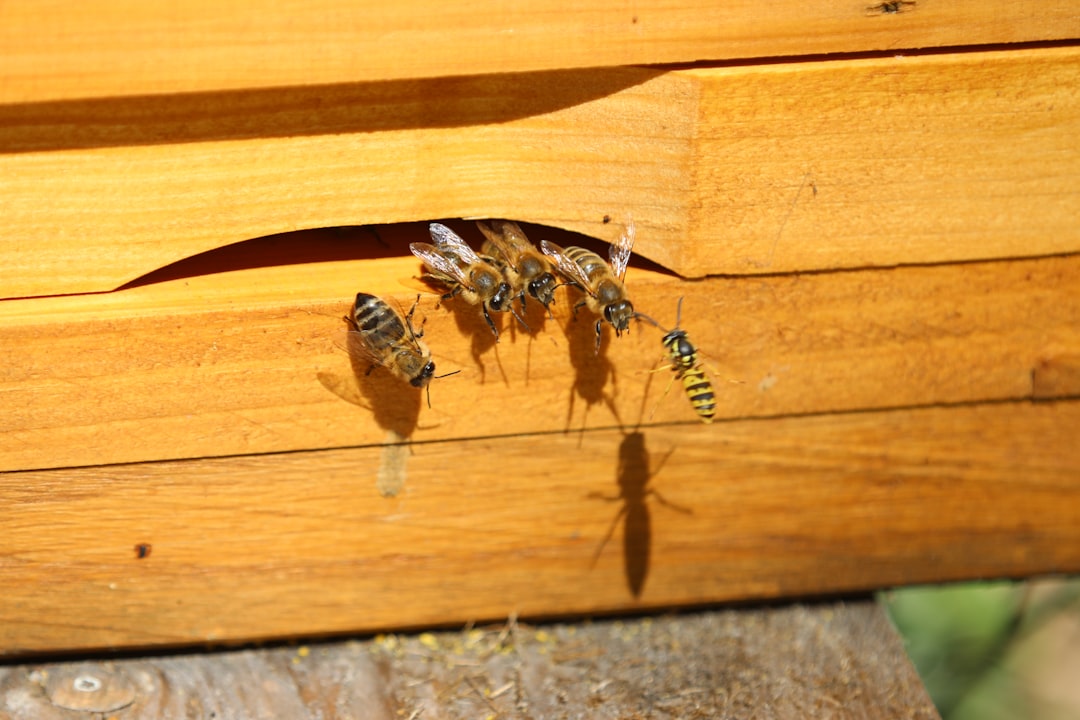Should We Know Our Enemies?
If we're willing to do it for Hamas, we should be willing to do it for Donald Trump, because (presumably) Trump isn't as bad since he hasn't killed anyone.
As some of you know, I started as a columnist and Editorial Board member at The Washington Post in October—on October 2nd to be exact. This was the week before Hamas attacked Israel, before the world changed (and, to a lesser degree, before my politics began changing). My first five columns were Gaza-related. That wasn’t necessarily what I was expecting when I joined the Post, after being at Brookings for 14 years. That was one of the reasons I was excited; it would allow me to focus less on the Middle East. I had tried my best over the better part of 20 years, to write, advocate, speak, and argue for a better U.S. policy in the region. My side in this great debate lost. There’s only so much you can do before you do a version of the shrug your shoulders emoji and say, well, this is important to me, but it’s sort of hopeless—at least for the foreseeable future.
This is, increasingly, how I feel about the Gaza war. There are three people who run policy on Gaza: Joe Biden, national security advisor Jake Sullivan, and White House coordinator for the Middle East Brett McGurk. Two of them are incredibly stubborn people, and Jake Sullivan finds the Middle East to be annoyance, so he’s not going to use his political capital to shift policy one way or the other.
I still care deeply about what’s unfolding in Gaza, and part of me can’t believe the level of brutality that Israel has inflicted on the Palestinians, as I wrote in a recent post. This makes it hard for me to write about the topic, although I will still do so when I feel I have something useful or original to say. My last two Post columns were about two entirely different issues—on my own struggles with trying to be religious in a post-religious world and on “the peculiar moderation of Donald Trump” [free link]. I forgot what it was like to write publicly on the man himself, and so perhaps I wasn’t entirely prepared for what was to come.
The original headline was “Donald Trump is authentic, appealing and funny. That’s what makes him dangerous.” And so the first batch of comments in response to my piece latched on to that and seemed to ignore the actual substantive points in the article itself. (What we do at the Post is test a number of headlines and then based on that one of the alternatives might be chosen). What was interesting about these responses is that they couldn’t countenance the notion that Trump might be authentic, appealing, or funny and to even suggest as much was sacrilege.




